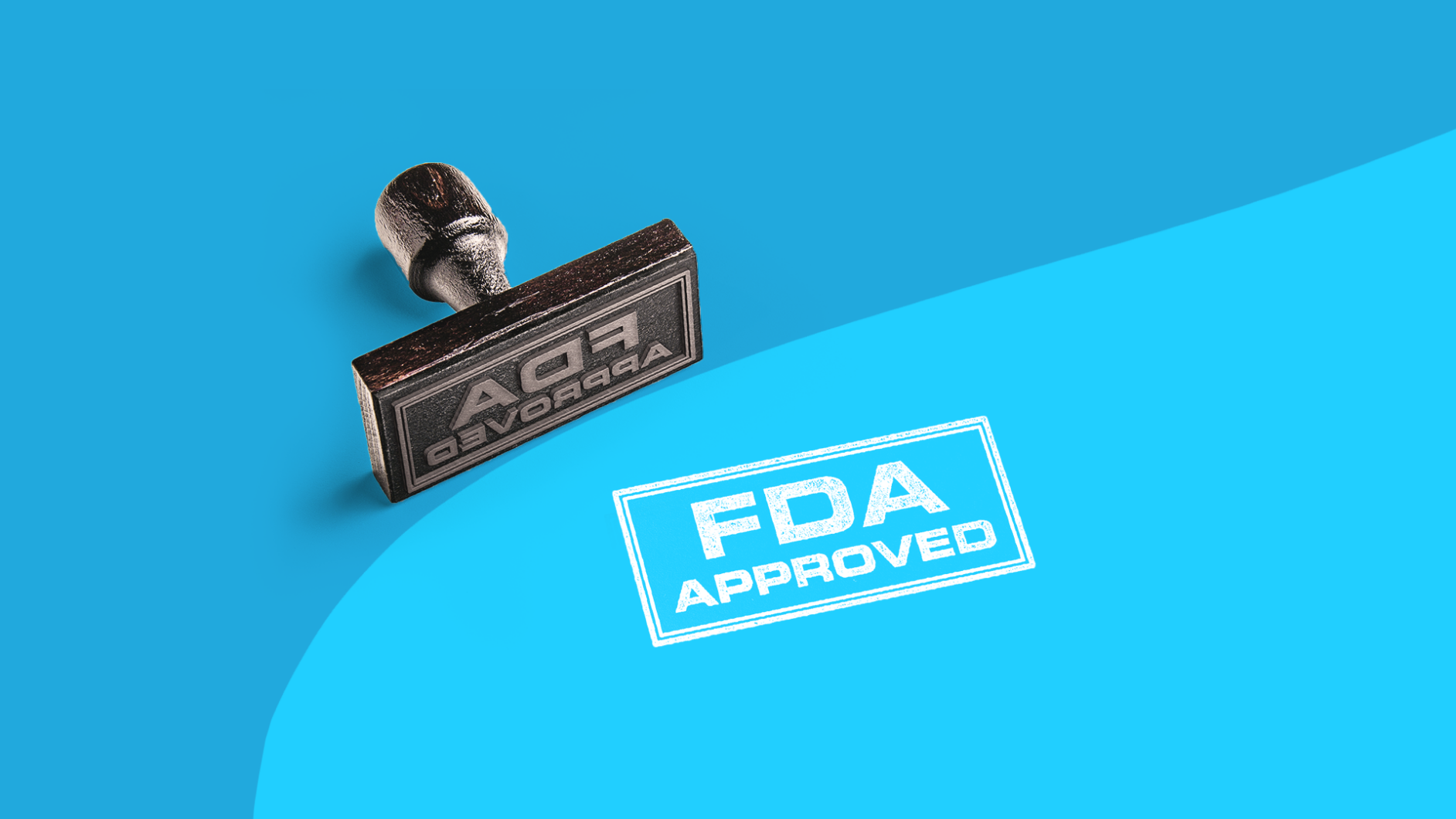Key takeaways
Compounding pharmacies can legally create copies of FDA-approved drugs during shortages.
The surge in demand for GLP-1s created a market for alternate versions of Ozempic, Wegovy, Zepbound, and Mounjaro.
Experts raise concerns about using unapproved versions of these medications, which may have different active ingredients or dosing issues.
Originally approved to help people with Type 2 diabetes, the class of medications known as GLP-1 agonists and dual GIP/GLP-1s quickly acquired a reputation for helping people shed stubborn pounds. As a result, the use of medications like Ozempic, Wegovy, Zepbound, Rybelsus, and Mounjaro has skyrocketed, as people turned to these medications to help them lose weight—causing drug shortages and creating a market for compounded versions of these brand-name drugs.
But the U.S. Food and Drug Administration (FDA) is sounding the alarm about the risks of using unapproved GLP-1s. Earlier this month, the FDA posted four warning letters to companies that have introduced unapproved GLP-1s, such as semaglutide, tirzepatide, and retatrutide, into interstate commerce.
The FDA also sent a warning letter to the CEO of Veronvy, a company that has been selling unapproved and misbranded oral GLP-1s on its website. The company was using a false or misleading label claiming that one of its products has been approved by the FDA.
The concern over compounded GLP-1s
Typically, compounding pharmacies are not allowed to make copies of FDA-approved medications. Rather, they create custom formulations if some sort of alteration is needed—for example, if a patient requires a liquid version or a medication that’s only available as a pill, or if a patient is allergic to a dye in a common prescription. However, when a drug is in short supply, this restriction is lifted to help people access the medications they need. When demand for GLP-1s and GIP/GLP-1s leaped past what the manufacturers could provide, compounded versions popped up in online pharmacies and brick-and-mortar stores, for the following drugs:
- Ozempic (semaglutide)
- Rybelsus (semaglutide)
- Wegovy (semaglutide)
- Zepbound (tirzepatide)
- Mounjaro (tirzepatide)
- Retatrutide (This drug is not FDA approved.)
However, the FDA cautions that compounded drugs, while useful or even necessary in some situations, are not FDA-reviewed or approved, so the FDA cannot guarantee their safety, quality, or effectiveness.
RELATED: Is compounded semaglutide safe?
Warnings about unapproved GLP-1s
Companies took advantage of the surge in demand for GLP-1s and began hawking illegal or even fake versions online—often for prices much lower than the brand-name version. These compounded drugs may contain the wrong ingredient or no active ingredient at all, or they may contain too much or too little of the active ingredient. As a result, sometimes compounded semaglutide and compounded tirzepatide don’t work, and sometimes they can cause adverse side effects, the National Association of Boards of Pharmacy has cautioned.
RELATED: Are there generic GLP-1 drugs?
Which companies are affected?
Due to the concern about the growing prevalence of unapproved GLP-1s on the market, the FDA issued warning letters to the following companies in December:
The FDA warned the companies about potential violations of the Federal Food, Drug, and Cosmetic Act (FD&C Act), even with the companies claiming some of their GLP-1 products were currently for research purposes only. Despite the “for research purposes only” and “not for human consumption” labels, the FDA found evidence on the companies’ websites suggesting that their compounded products were intended as drugs for human use, making the labels misleading or false.
What you can do
Experts caution people to avoid buying products that haven’t been specifically approved by the FDA. Unapproved or counterfeit Ozempic can pose potential harms that you might not expect. People who take semaglutide or tirzepatide should talk to their physicians if they are concerned about ongoing access to the medications that they need, rather than turning to a product that might not be safe. For example, there are both injectable and oral alternatives to Ozempic for people with Type 2 diabetes that might work for you.
If price is the issue, SingleCare coupons can help you save.
Ozempic coupons, Rybelsus coupons, Wegovy coupons, Mounjaro coupons, Zepbound coupons
- Compounding when drugs are on FDA’s drug shortages list, FDA (2024)
- Diabetes drug shortages and fake Ozempic, National Association of Boards of Pharmacy (2023)
- FDA’s concerns with unapproved GLP-1 drugs used for weight loss, FDA (2024)
- GLP-1 agonists, Cleveland Clinic (2023)
- Research shows GLP-1 receptor agonist drugs are effective but come with complex concerns, UChicago Medicine (2024)
- Semaglutide, MedlinePlus (2024)
- Tirzepatide injection, MedlinePlus (2023)




